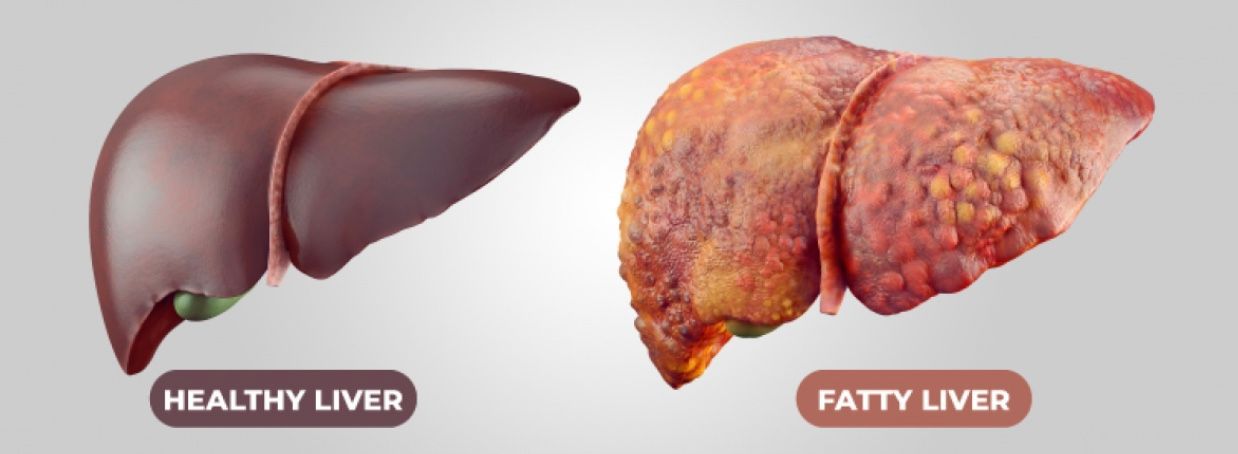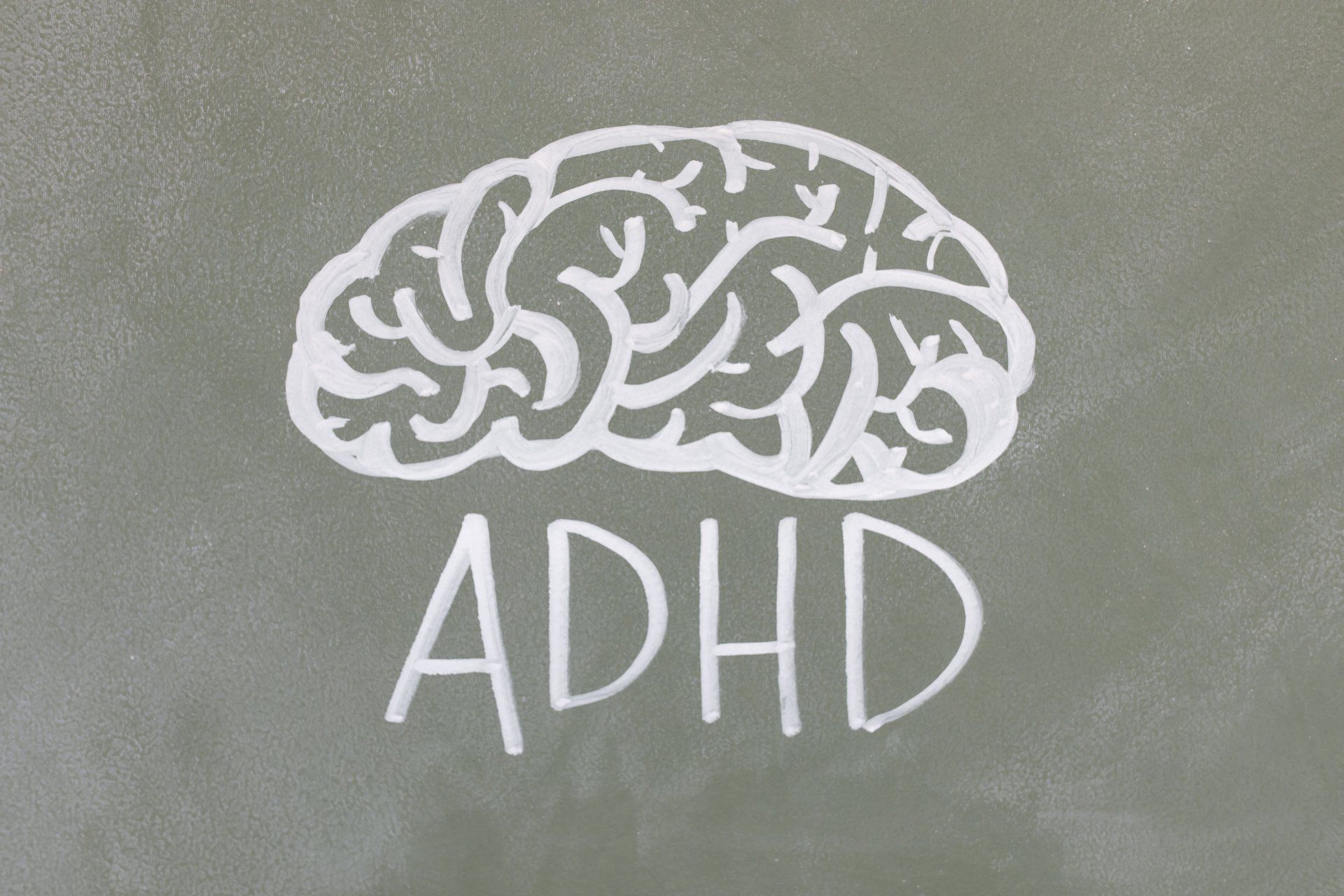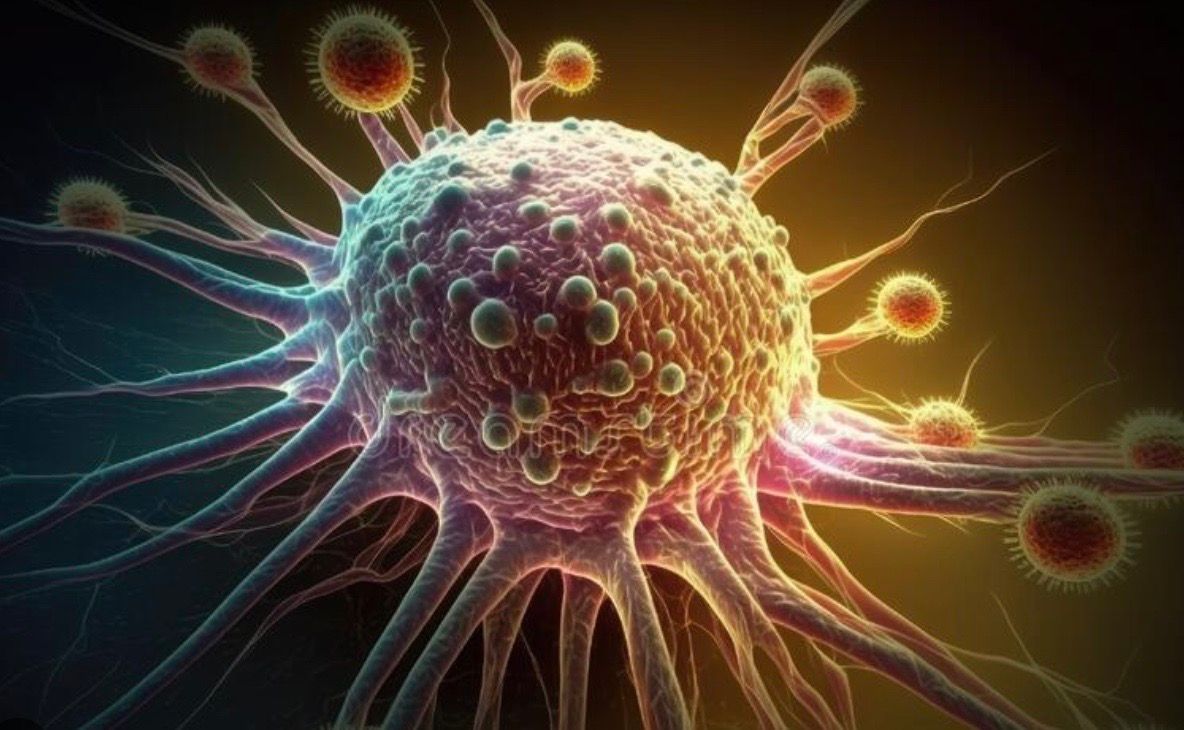Concussion FAQs
It seems like football and concussions have become synonymous in the past several years, but concussions can occur in any sport. If you are concerned about a possible concussion, Siatta B. Dunbar, DO, CAQSM, in Burnsville, Minnesota, is ready to help you get you back to academics and sports quickly and safely. Give us a call today for a concussion consultation.
What is a concussion?
The word concussion comes from the Latin word concutere which means “to shake violently.” A concussion is the most common and mildest type of traumatic brain injury (TBI). Although your skull is hard, your brain is composed of soft tissue surrounded by spinal fluid.
When you experience a violent bump or blow to the head, your brain actually bangs around in your skull, causing injuries to nerves and damage in the blood vessels. All these reactions cause your brain to operate abnormally, causing the tell-tale symptoms of a concussion like confusion and memory issues. Some sufferers even lose consciousness.
What are the symptoms of a concussion?
Concussions can be challenging to diagnose since the symptoms can easily be overlooked and may not appear immediately. In fact, some symptoms may appear one to two days later. Symptoms usually sort out into three main categories: mental (thinking/remembering), physical, and emotional/mood.
Common concussion symptoms include:
Difficulty thinking clearly or concentrating Difficulty remembering things Feeling tired, dazed, or confused Headaches Ringing in ears Dizziness Irritability Sadness Blurred vision Nausea or vomiting Sleeping too much or too little Sensitivity to light or noise
How are concussions treated?
The top way to treat concussions is also probably the most difficult one for active athletes: initial rest. Dr. Dunbar recommends that you avoid activities that may aggravate your symptoms, which means no physical exercise or mental activities that will tax your brain. You shouldn’t resume playing sports or doing any rigorous exercise until your symptoms are completely gone.
Other recommendations may include:
Vestibular and oculomotor rehabilitation Shortened school or workdays Taking breaks during the day Limiting playing video games, watching television, computer work, or texting
Dr. Dunbar evaluates your progress and will add in light activities as your symptoms improve. She provides guidance on when and if melatonin, B12, magnesium, or fish oil may help your symptoms. When necessary, Dr. Dunbar refers you to neuropsychology specialists.
Although the concussion treatment process may be frustrating, resuming sports or other activities before your brain is completely healed can set you up for a second concussion.
Author Dr. Siatta Dunbar
The post Concussion FAQs appeared first on Saravit Wellness.

